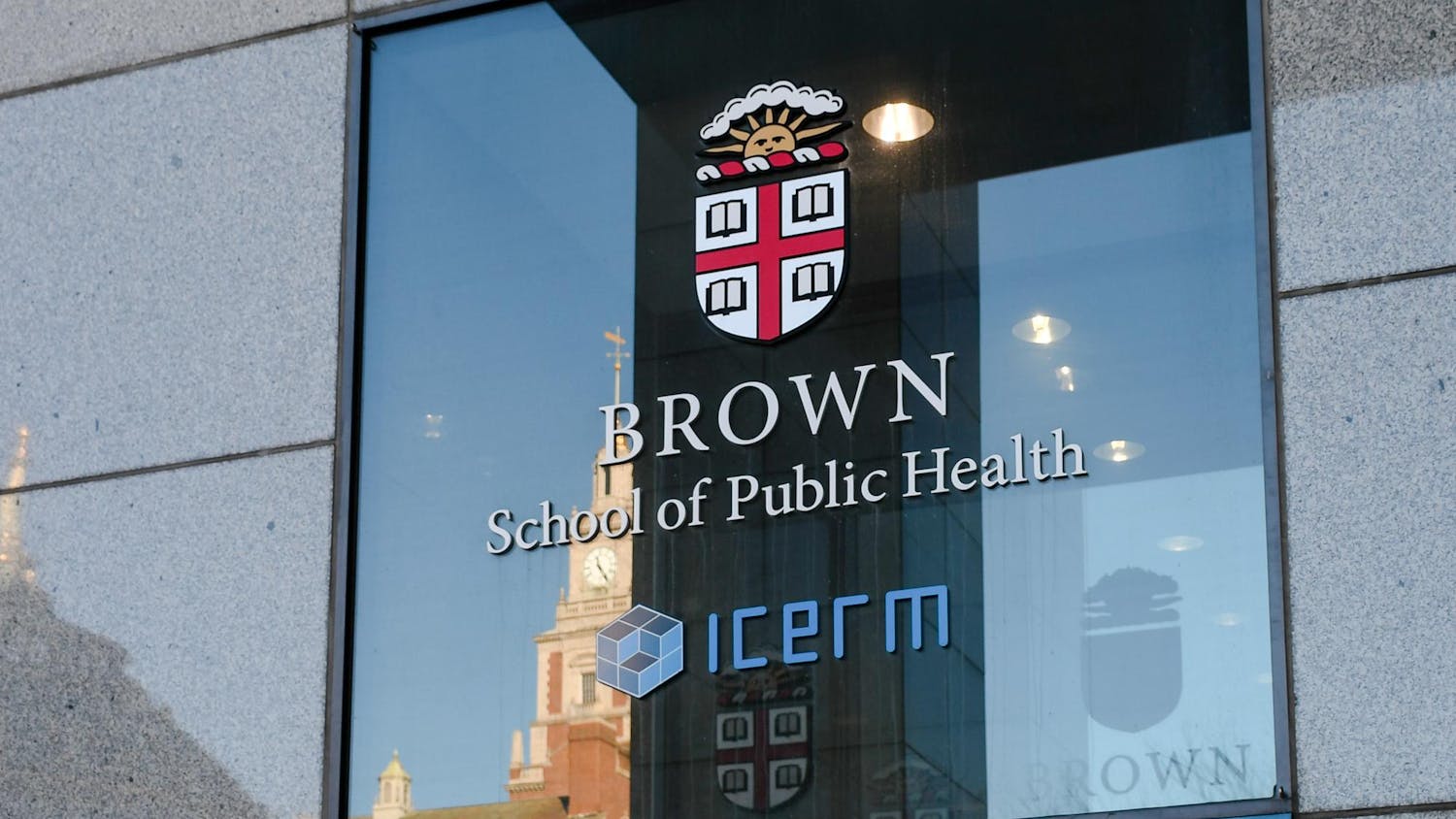University scientists are key players in a new program aiming to advance autism research by creating a statewide registry of patients who have been diagnosed as on the spectrum. Spearheaded by the Rhode Island Consortium of Autism Research and Treatment, also known as RI-CART, the program gained funding through a variety of sources, including two recent grants totaling over $1 million.
RI-CART’s mission is to “improve the lives of Rhode Islanders with autism spectrum disorders by promoting collaborative, cutting-edge research, improving health care and support services and providing data-driven education and advocacy,” according to the organization’s website. The 14-member organization, including Brown University and Bradley Hospital, comprise an interdisciplinary group of researchers, physicians and educators.
RI-CART currently has its sights set on creating a statewide registry of autism patients which researchers could use to learn more about the neurologic disorder, said Stephen Sheinkopf, co-director of RI-CART and assistant professor of psychiatry and human behavior and pediatrics.
The registry will include patients’ demographic information, medical history, official diagnosis, severity of symptoms and even information biological samples, said Sheinkopf, whose research focuses on the early identification of autism in children.
“What this is going to allow us to do is to match up patients with this condition to relevant research studies,” Sheinkopf said.
Rhode Island offers a unique platform for this kind of statewide registry because of its small size, Sheinkopf said. But the state’s size also makes it difficult to create a registry representative of the nation as a whole, he added.
An April grant of $1.2 million from the Simons Foundation, along with seed funding from a variety of other sources, will provide the infrastructure to register the first 2,000 patients, said Beth Jerskey, research coordinator for RI-CART and assistant professor of psychiatry and human behavior. RI-CART’s ultimate goal is to register all of Rhode Island’s approximately 10,000 autism patientswithin the next 10 years, she added.
Although this project provides a hopeful outlook for the future of autism research, it is still in its infancy with only about 50 patients registered so far, Sheinkopf said.
The continuation and completion of the registry will require further funding, said Joanne Quinn, director of The Autism Project, an autism education and advocacy organization that serves communities in and around RI and MA.
“Autism remains one of the lowest funded areas of research,” she added.
Autism rates in children have risen in recent years, which means “the adult system is going to be hit by a tsunami wave that they’re not ready for,” Quinn said.
“RI-CART will also serve as an intellectual meeting space to exchange ideas and to foster collaboration,” Sheinkopf wrote in an email to The Herald.
In addition to the Simons Foundation grant, RI-CART received a $53,000 grant from the Rhode Island Foundation. Additional seed funding comes from the Brown Institute for Brain Sciences, the Norman Prince Neuroscience Institute, Bradley Hospital, the Brown Department of Psychiatry and Human Behavior and the Women and Infants Hospital Department of Pediatrics, Sheinkopf said.
ADVERTISEMENT




